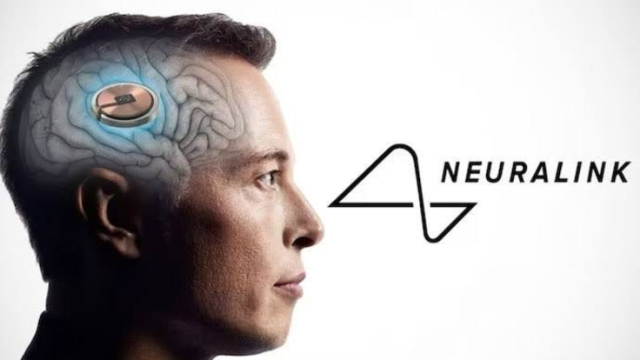Neuralink, Elon Musk's brain-chip company, is set to enrol three patients to evaluate its device in a study expected to span several years, according to the U.S. government's clinical trials database.
Initially, the company had sought to enrol 10 patients when it applied to U.S. regulators for clinical trials, as reported by Reuters last year.
The trial aims to test Neuralink's implant, which is designed to enable paralyzed patients to use digital devices through thought alone, potentially aiding individuals with spinal cord injuries.
Neuralink recently posted details of its trial, following criticism from brain implant researchers and former regulatory officials for not sharing study information earlier, a common practice in the industry.
The U.S. Food and Drug Administration (FDA), which approved the trial, emphasizes the importance of companies publishing study information to foster public trust and honour patient participation.
However, the FDA declined to comment specifically on Neuralink, and company executives did not respond to requests for comment.
The study is projected to have its primary completion in 2026, with the full study concluding by 2031. It will enroll patients aged 22 to 75 years with conditions such as quadriplegia.
Eligible patients must have had limited mobility without improvement for at least one year and a life expectancy of 12 months or more.
Specifically, patients must have very limited or no hand, wrist, and arm movement due to spinal cord injury or amyotrophic lateral sclerosis (ALS).
This "first-in-human early feasibility study" commenced in January, as per registry details posted on Monday.
While early feasibility studies are not required to post-trial details on the U.S. National Institutes of Health's ClinicalTrials.gov website, major medical journals typically mandate trial registration on the database.




















